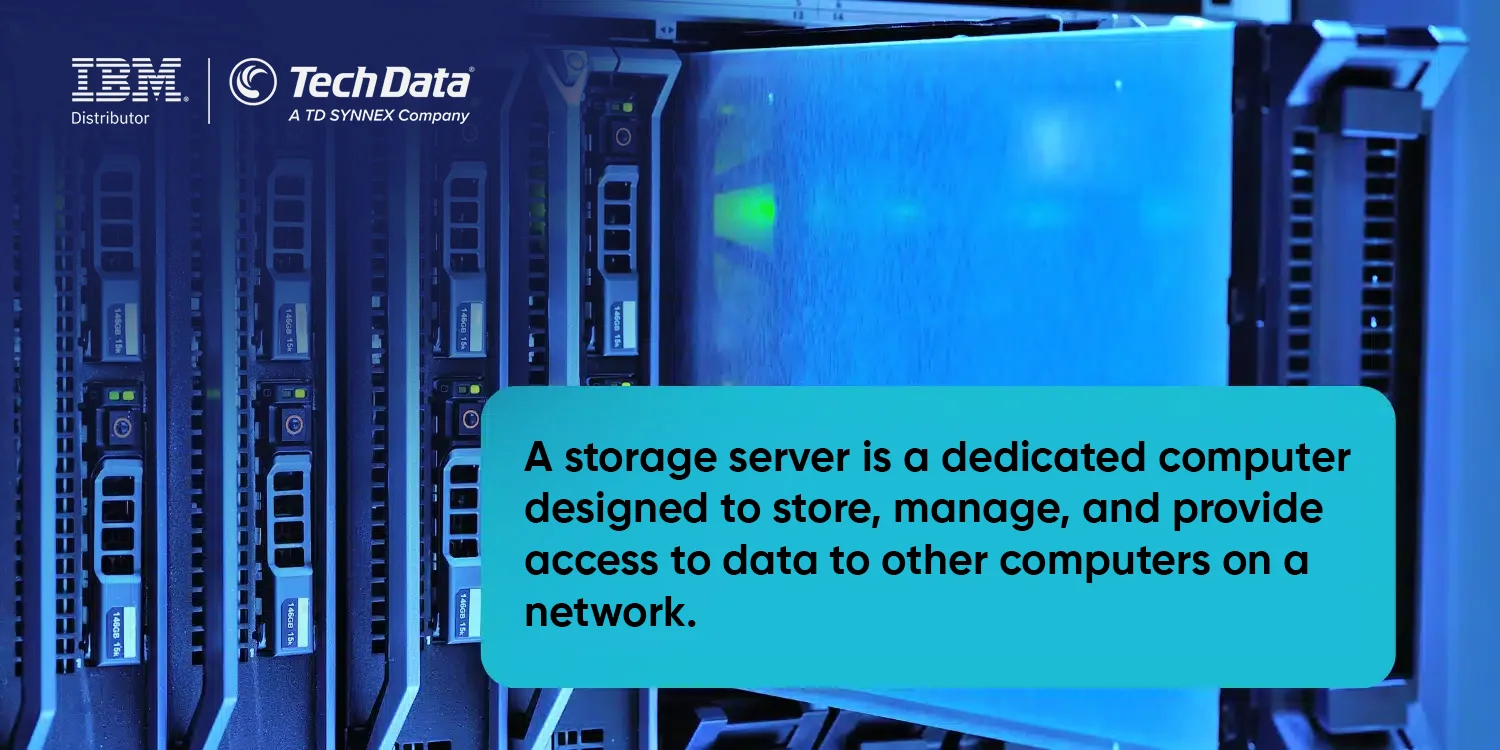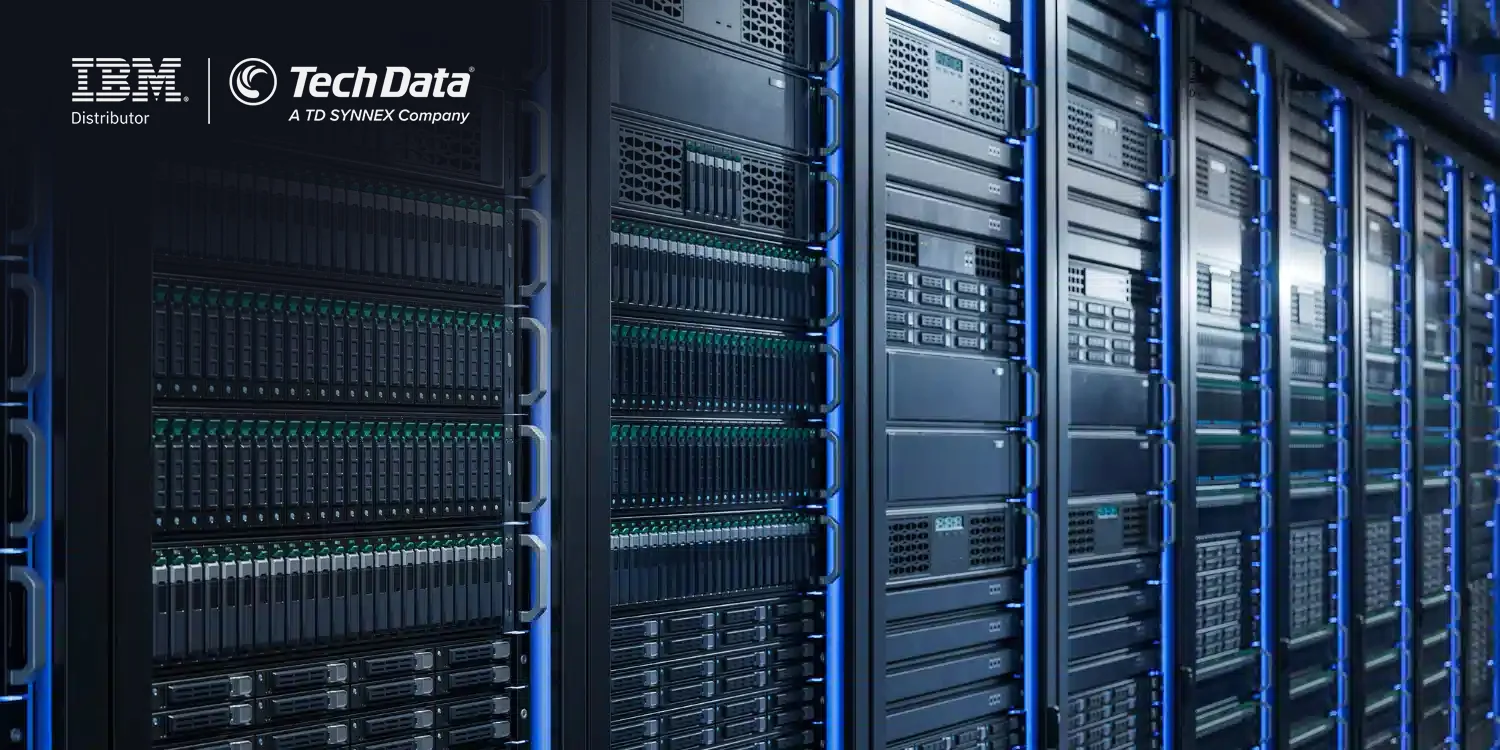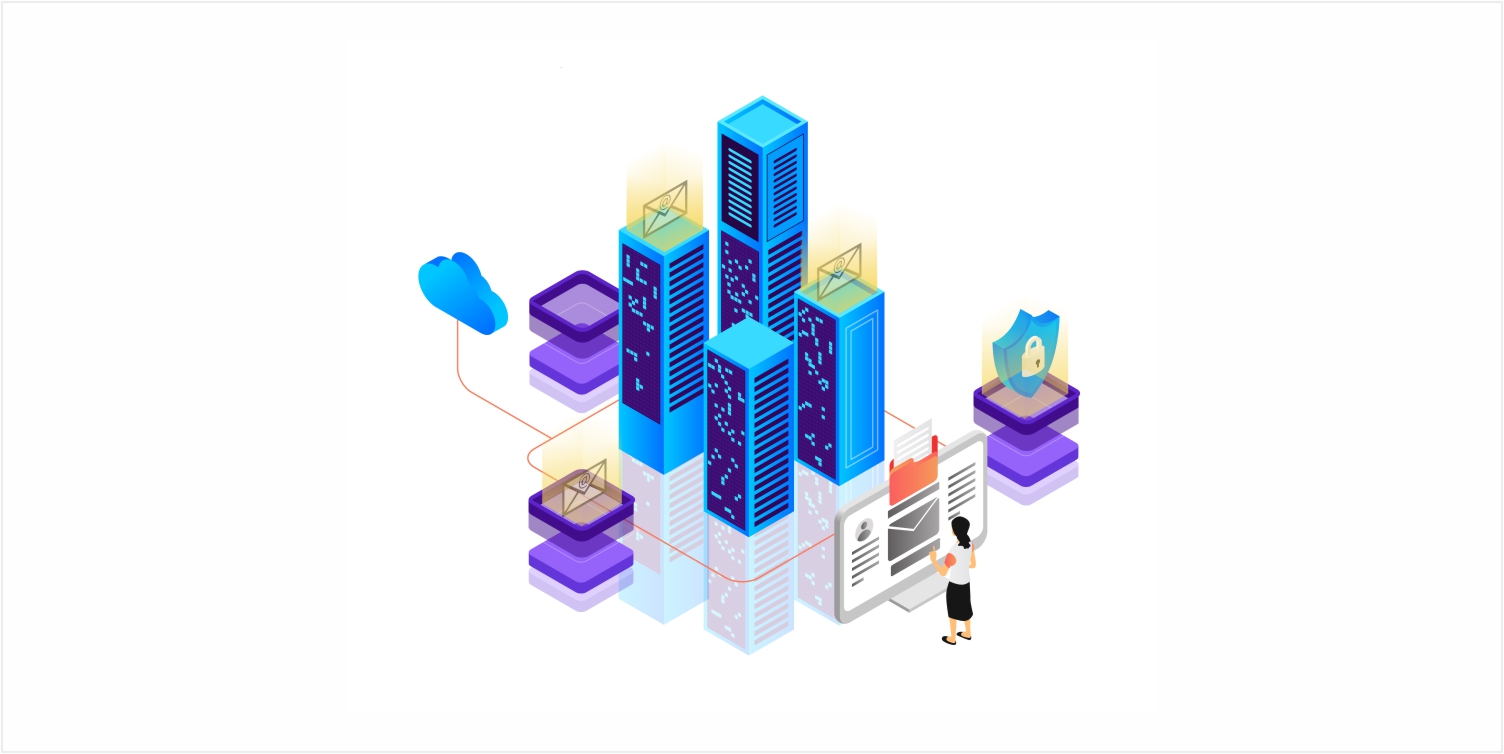What is Storage Server? Concepts and Optimal Solutions from IBM
Nowadays, managing, protecting, and effectively exploiting data is a key factor in creating a competitive advantage. That is why storage servers have become an indispensable part of the information technology (IT) infrastructure of modern organizations. This article will give you a comprehensive view of storage servers, from definition, operating principles, and common types, to IBM optimal storage server solutions that meet enterprise needs.
What is a Storage Server? Why do businesses need them?
A storage server is a specialized computer designed to store, manage, and provide access to data for other computers on the network. Unlike regular servers (file servers, application servers), storage servers focus entirely on storing and transmitting data efficiently.
If you’re wondering what is a storage server and how it works?, think of it as a giant library containing countless books (data). The storage server acts as the librarian, ensuring that all books are scientifically arranged, easy to find, and accessible on demand.
- Centralized storage: Data is stored in a single location, making it easy to manage, backup, and restore.
- High performance: Storage server is optimized for reading/writing data, ensuring optimal performance for applications.
- Scalability: Easily increase storage capacity as needs grow.
- Security: Provides powerful security features to protect data from threats.
- Easy Sharing: Allows multiple users to securely access and share data.
Benefits of Storage Server Optimization
Every organization handles ever-growing amounts of information. By focusing on the benefits of storage server optimization, businesses can ensure faster data access, reduced downtime, cost efficiency, and stronger data protection. Optimized systems also provide better scalability, which is essential for future-proofing IT infrastructure.

Storage Server Classification
There are many different types of storage servers on the market today, each designed to meet specific storage needs. Choosing the right type of storage server is important to ensure performance, scalability, and cost effectiveness. Here are some of the most common types of storage servers:
DAS (Direct Attached Storage)
This is the simplest storage solution, in which the hard drive is directly connected to the server via protocols such as SATA, SAS. DAS is suitable for small businesses or applications that do not require high data sharing capabilities.
- Advantages: Low cost, easy to install and manage.
- Disadvantages: Limited scalability, no support for sharing data between multiple servers.
NAS (Network Attached Storage)
NAS is a standalone storage device that connects directly to a LAN. NAS provides easy data sharing for multiple users and servers. NAS is commonly used for applications such as file storage, document sharing, and data backup.
- Advantages: Easy to share data, reasonable cost, easy to manage.
- Disadvantages: Lower performance than SAN, more limited scalability.
SAN (Storage Area Network)
SAN is a dedicated storage network that connects servers to storage devices via high-speed protocols such as Fibre Channel, iSCSI. SAN provides high performance, flexible scalability and high reliability. SAN is often used for high-performance applications such as databases, virtualization, cloud computing.
- Advantages: High performance, flexible scalability, high reliability.
- Disadvantages: High cost, complicated installation and management.

Object Storage
It is an architecture for storing unstructured data (e.g. images, videos, documents) as objects. Object storage is infinitely scalable, durable, and low cost. Object storage is commonly used for applications such as big data storage, data warehousing, data backup, and recovery.
- Advantages: Infinitely scalable, high durability, low cost.
- Disadvantages: Lower performance than SAN for applications requiring fast access speeds.
Software-Defined Storage (SDS)
SDS is a storage architecture in which storage functions (e.g. capacity management, backup, recovery) are performed in software, independent of hardware. SDS offers high flexibility, automation, and reduced costs.
- Advantages: High flexibility, automation, cost reduction.
- Disadvantages: Requires high technical skills to deploy and manage.
Choosing the right type of storage server depends on many factors, including:
- Storage needs: Required storage capacity, data access speed, durability and security requirements.
- Budget: Initial investment costs, operating and maintenance costs.
- Skills: The IT team’s ability to deploy and manage storage servers.
- Applications: Applications that will use the storage server (e.g. database, virtualization, file sharing).
Data Security on Storage Server
Data security is one of the top priorities when using a storage server. Here are the necessary security measures to protect your data:
- Access Control: Allow only authorized users to access data. Use strong passwords and change them regularly.
- Use firewall: Configure firewall to block unwanted connections.
- Data encryption: Encrypt data to protect it from theft or unauthorized access.
- Data Backup: Back up your data regularly so that you can recover it in case of a problem.
- Security Monitoring: Use security monitoring tools to detect suspicious activities.
- Software updates: Update software regularly to patch security vulnerabilities.

Tech Data & IBM: Comprehensive storage solutions for Vietnamese businesses
In the journey to build an effective data storage system, choosing a reliable partner is extremely important. Tech Data , the official distributor of IBM in Vietnam, is proud to bring you comprehensive storage server solutions, meeting all business needs. Tech Data has many years of experience in the field of servers, security and data storage solutions. With a team of experienced experts and deep understanding of IBM products and solutions, we are committed to providing you with in-depth advice and the most optimal solutions.
Solutions IBM offers through Tech Data include:
- IBM Storage FlashSystem: High-performance flash storage solution, designed to meet the needs of applications requiring fast access speeds such as databases, virtualization, cloud computing.
- IBM Guardium: Comprehensive data security solution that helps protect data from internal and external threats.
- IBM Instana: Application performance monitoring solution that helps you quickly identify and resolve performance issues.
- IBM Watsonx.ai: The leading AI platform, helping you harness data to make smarter business decisions.
- IBM Apptio Cloudability: Cloud cost management solution, helping you optimize cloud usage costs.
Why choose IBM solutions from Tech Data?
- Superior Performance: IBM solutions are designed to deliver high performance, meeting the needs of the most demanding applications.
- High Reliability: IBM solutions are built on advanced technology platforms, ensuring high reliability and availability.
- Flexible scalability: IBM solutions are flexible scalable, making it easy to meet growing storage needs.
- Comprehensive security: IBM solutions provide robust security features that help protect your data from threats.
- Professional Support: Tech Data provides professional support services to help you deploy and manage IBM solutions effectively.
Storage servers are an important component of any business’s IT infrastructure. Choosing, deploying, and managing storage servers effectively can help you increase performance, secure data, and reduce costs. Hopefully, this article has provided you with the knowledge you need to make informed decisions about storage servers. Don’t forget to contact Tech Data for advice and choose the IBM solution that best suits your needs!









